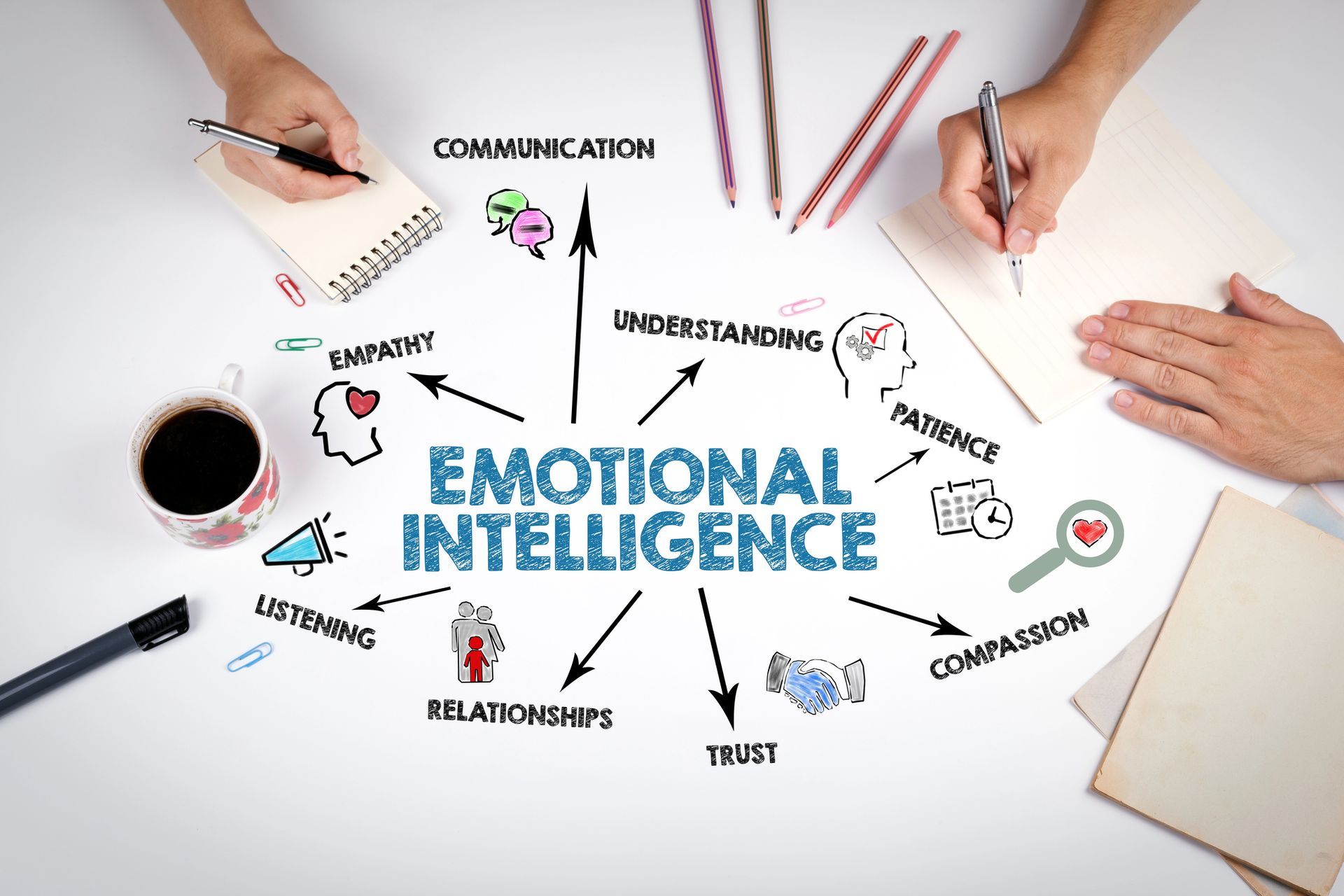We don’t see who we are loving, we see through our “projection or movie”. This is what hurts relationships.

In a love relationship, we increasingly take short cuts to understanding. We see reality through the lens of our narrative. This is the power of projection. In our long-term relationships, these projections can thicken until the partner increasingly resembles our early attachment figures.
We can think about the deepening of the projective field as a movie in which we cast our partner in the main role, opposite to us. Through continuous projection, due in part to the brain’s need to conserve energy and to the impact of traumatic and disorganizing experiences, the perception of the partner can be increasingly distorted according to the underlying templates of personal lives and history.
Misunderstood in Starring Roles
The correlation between our early attachment patterns and our adult attachment patterns is extraordinarily high. Internal models developed during childhood endure into adult life and are activated most strongly in our romantic relationships.
We have now arrived in our mutual movie theaters, where our childhood dramas, unprocessed tragedies, disappointing, dangerous, and mis-attuned early relationships are acted out with our partners in the starring role.
The insecure angry-anxious partner might go on emotional roller coasters that create a whiplash in the avoidant partner. The insecure avoidant can disappear from the relationship in flight, tighten survival restrictions, and leave the partner abandoned and desperate.
As these movies run, we feel deeply misunderstood, powerless, hopeless, or full of resentment. We want to give up and get out – our systems overcome by cortisol and our heart rate intensifying, our pre-frontal cortex hijacked, and our amygdala (the attachment alarm) on orange or red alert.
The amygdala, where we store threatening and highly emotional experiences, activates. We scan for threat, for angry faces. Our ability to access higher cortical areas diminishes. The movie may star our partner as an intrusive mother or angry and abusive father. We are partially blind, unable to process details.
The other is the negative parent. The capacity for whole object processing is inaccessible as partners enter a part object world. Words are grenades. Withdrawal is punitive. Both are locked in their respective one-person systems, unable to re-engage in any pro-social activities and two massive defensive systems are face to face. Two armies are deployed and ready to strike or run.
The movie is running, and the director and producer have left the room along with the supporting cast. Actually, two movies are running simultaneously which interlock, amplify, and disorganize each other.
Breaking “Bad” Projections
To shift partners out of this seemingly unresolvable brinksmanship, I might ask:
“Each of you makes complete sense. Your attitude and behavior are built on experience. You are not psychotic. The only problem is that this can also true for your partner. What are you going to do? Both of you have deeply emotional experiences and both of you want to be understood. We might have to slow it down. Who of you will start listening?”
We can understand the projection process as a part-object projection, in which one partner sees the other only in his or her bad and evil aspects, unable to hold the bigger picture. The partner becomes, in this moment, the attacking rageful father or the mother who disappears in depression or alcohol and drops the child repeatedly.
The partner is now the threatening activated ghost. The work to be done in the session can be understood as the moving of one or both partners toward a whole object projection, in which the other is like the threatening figure.
In this emotional-psychological work, one cannot move forward because the defense has become so primitive and rigid, activating everything against the exploration of feelings. Instead of being able to collaborate in the therapy, one or the other partner may act out their defense and abandon, at least temporarily, the therapeutic process, never resolving the issues.
Emerging from the Projection Field
In our work, we do not regard the projection or activation of earlier templates as pathological. We are aware that their appearance cannot be avoided; these are inevitable and essential dynamics in our adult relationships. We see the emergence of patterns of strong feelings and defenses as opportunities to rework one’s past and grow toward a healthier and more vital self. Both partners are invaluable for each other in this difficult but rewarding life-long process.
A highly dysregulated couple often requires several rounds of commenting or regulating for the part-object projection to break. We might finally see the partners gradually soften as
- breathing becomes slower, more regular,
- tensions in the belly, neck, or face diminish, and
- a warmer gaze or relaxation of the hands appears.
With increased self-regulation, the reality of the partner in the here and now can come back into focus.
As Imago therapists, we facilitate the process of unwinding the movie dialogue and redirecting each to explore the other’s face. In this process, the adult partner, the one you are loving can emerge from the projective field. Through the ensuing integration process, both can begin to make connections between the imaginary partner that appeared in their movie and the partner sitting in the room with them.
Partners can weave past experiences into a new understanding of self and other. A new narrative of one’s own life, but also that of their partner, can develop. Additionally, they can see both narratives in the light of their shared backgrounds and unprocessed materials.
Now a new joined narrative can emerge. A new movie can be written and produced in the coming weeks and months. The actors can also sit in the director’s seat and determine more intentionally which plot, which action, and which genre their lives can play out.
Register for our Newsletter and receive a Free Love Chat Package
- The 5 Steps to a Better Relationship
- Ongoing Monthly Relationship Tips
- If you want more love in your life, our relationship Love Chat Package is an easy cost-free first step.


















